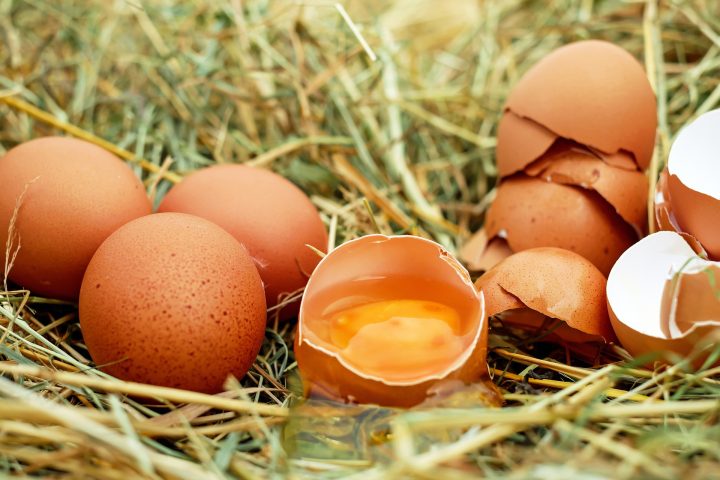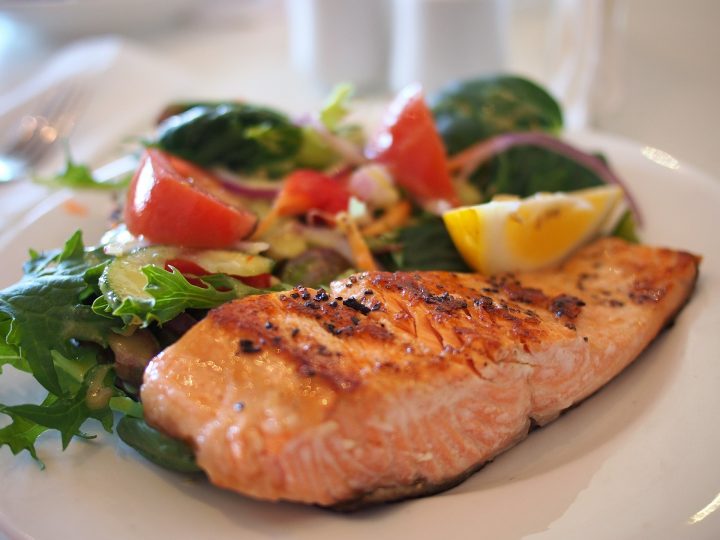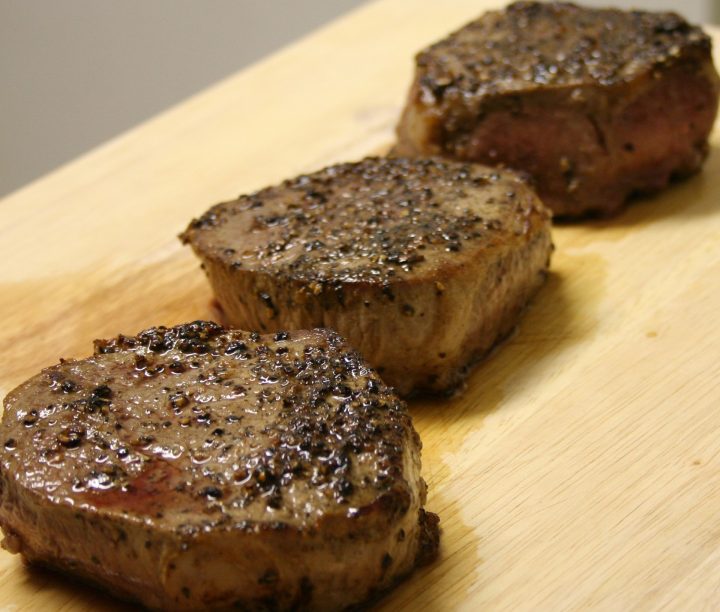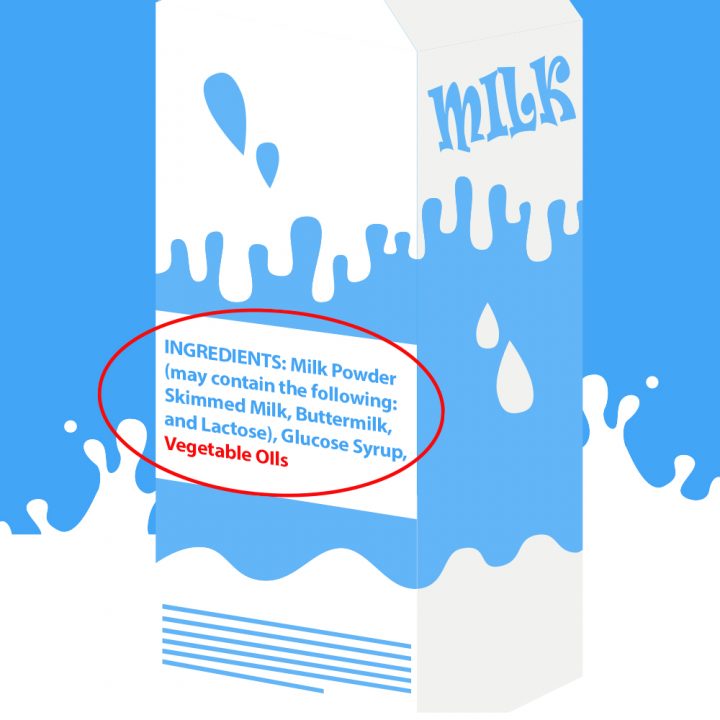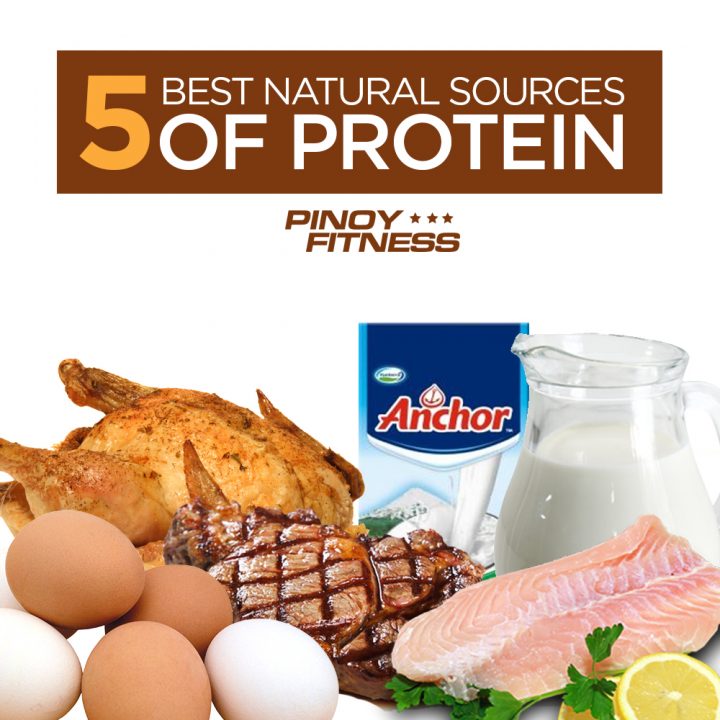
5 Best Natural Sources of Protein
Protein is essential for muscle growth and can prevent weight gain as it gives a sense of fullness because it breaks down slower than ‘quick carbs’, which digest instantly. In the recent years health shops have also sprouted like mushrooms supplying easy-to-prepare supplements like Protein Bars and Whey Protein powder.
Whey Protein has become the staple of almost every exercise addict or bodybuilder for their regular dose of the nutrient. Though Whey Protein is generally regarded as a safe supplement, it is still not for everyone. If you’re looking for a healthier and natural protein fix, then check out these natural sources of protein.
1. EGGS
The quickest preparation for eggs would be boiled. However, not everyone can force-feed one’s self with hard- boiled eggs especially if they’re not used to the taste (and texture). Any egg dish will do, not to worry. Just bear in mind that one large egg is equivalent to 8 grams of protein. This is 12% of men’s recommended daily intake while it covers 14% of women’s RDA.
Calories from Protein= 32 Total Calories = 68
2. CHICKEN
Where there are eggs, there will always be chicken – or whichever came first. Chicken (without the skin, please) is a perfect source of protein. Perfect because you can cook it the way you want to and still get 31 grams of protein per one cup. The chicken breast would be the leanest part of the fowl but everyone, hands-down, would most likely shoot for the leg or thigh part. Again, put the skin aside as it is the fattiest part.
Calories from Protein = 124 Total Calories = 165
3. FISH
Fish is one of the best sources of solid protein. A mere 100 grams of Tilapia is already packed with 20grams of protein. This is a low-calorie protein source that has been proven to help the brain’s cognitive functions to work well. Now we know that Dory’s short-term memory was most likely because she does not eat the other fish around her.
Calories from Protein = 80 Total Calories = 96
4. MEAT
No doubt, this will always be the first choice when shopping for protein. 100 grams of lean meat has 26 grams of protein in it –the highest among all sources. Cook it anyway you want, whether steak or roast, you’ll be sure to get some good (muscle) gains if you consume meat on a daily basis.
Calories from Protein = 104 Total Calories = 332
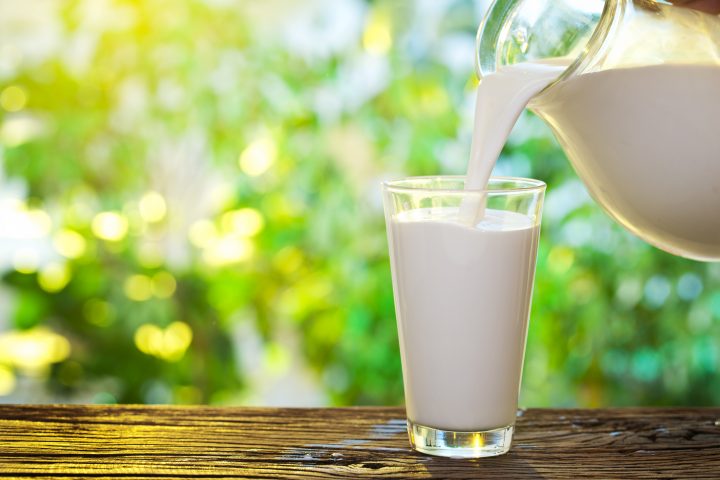
5. WHOLE MILK
One cup of Whole Milk has 8 grams of protein and only 0.2 g of fat. Compared to other forms of milk, this one has the most complete list of nutrients including Calcium, Vitamins A, C and D (which aids in Calcium absorption, and not found in other types of milk), and B-12. Women will benefit mostly from drinking whole milk because of its nutrient-dense formulation.
Calories from Protein = 32 Total Calories = 148
It’s important to note though that not all milk types are created equal.
WHOLE MILK – are milk from which no constituent, such as fat, has been removed. It contains about 3.5% milk fat and is the closest to the way it comes from the cow before processing. Whole Milk is also a rich source of high quality protein and contains all the essential amino acids that would support faster growth and development.
SKIMMED MILK – Milk from which sufficient milk fat has been removed to reduce its milk fat content to less than 0.50%
FILLED MILK – Milk that has been reconstituted with fats, usually vegetable oils, from sources other than dairy cows, it contains not less than 3% total oil and not less than 8.5% of non-fat milk solids. The best way to check is to simply look at the ingredients.
So if you’re choosing milk, make sure you check the ingredient before your next purchase. Whole Milk guarantees the pureness of natural cow’s milk and does not contain additional ingredients like vegetable oils to substitute for milk fat. It’s packed with vitamins and minerals that can help maintain overall health and well-being for you and the entire family.

Keeping a serving or two of each of these natural protein sources in your fridge is the first step towards a healthier lifestyle. Buying a tray of eggs once or twice a week, replenishing the contents of your meat freezer with an ample supply especially of fish and chicken, and buying some cartons of whole milk like Anchor Full Cream Milk regularly will help keep you from accessing unnatural and unhealthy protein sources.
Some points to ponder about protein though. RDA for adults is 0.8 grams per kilogram of bodyweight. For women, 58 grams per day is sufficient. Protein intake has to be kept within this Recommended Daily Allowance (RDA) so that it does not turn into excess fats. Eat mindfully, move wisely!
Sources: MyFitnessPal | sfgate.com



